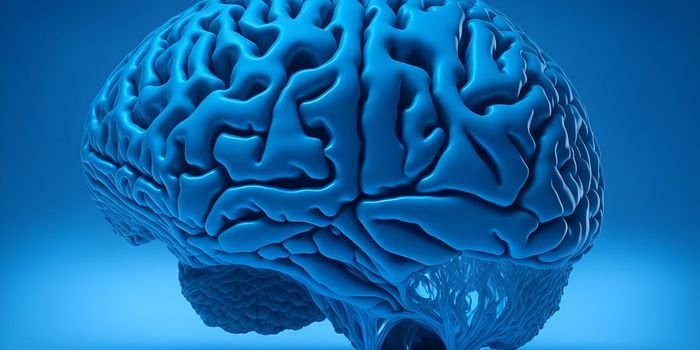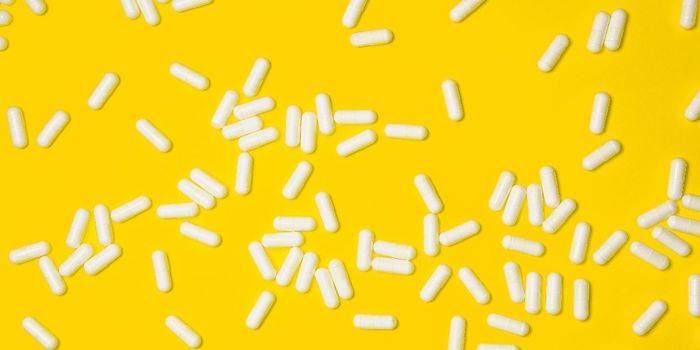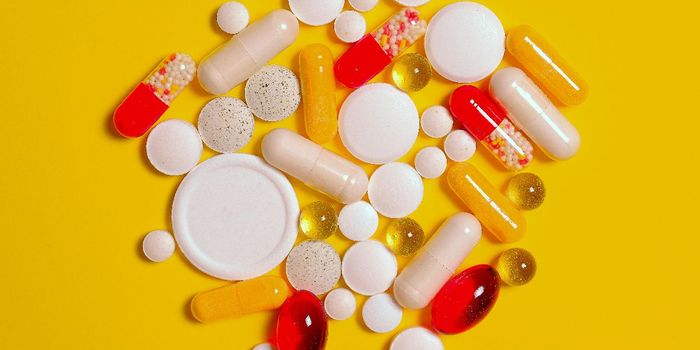A Shrub Compound Reveals New Avenue for Treatment Addictions
A compound found in a native African shrub revealed three major types of the serotonin transporter—a protein in the brain that is implicated in anxiety and depression. The serotonin protein binds to a naturally occurring alkaloid known as ibogaine and is involved in altering brain function.
Using cryo-electron microscopy, OHSU researchers reveal the three major shapes of the serotonin transporter--a protein in the brain linked to anxiety and depression. In this image, a serotonin transporter bound with ibogaine (lime spheres), is found to have outward-open, closed and inward-open shapes. (OHSU)
Through cryo-electron microscopy, scientists revealed the structure of the serotonin transporter in its outward-open, closed and inward-open shapes. The cryo-EM enables scientists to observe molecular interaction near-atomic detail. The serotonin transporter is one of the smallest molecules to be so clearly visualized through cryo-EM. "It means we can target different states of the transporter to modulate its activity," said senior author Eric Gouaux, Ph.D., senior scientist at the OHSU Vollum Institute in Portland, Oregon, and an investigator with the Howard Hughes Medical Institute. "It opens up new thinking of how you might come up with novel molecules to bind to the transporter."
Serotonin is a neurotransmitter that influences much of human behavior and regulates the central nervous system including processes ranging from cardiovascular function to digestion, body temperature, endocrinology and reproduction. It works to shape neurological processes such as sleep, mood, cognition, pain, hunger and aggression. The serotonin transporter serves as the molecular pump for serotonin and works to recycle the neurotransmitter following signaling.
Findings of the study were reported in Nature which describe the mechanism behind how the serotonin receptor binds to ibogaine which can open new possibilities to developing new therapeutics that can stop addiction without the hallucinogenic and harmful properties of ibogaine.
"There's a real need to develop molecules that have these anti-addictive properties," said co-lead author Jonathan Coleman, Ph.D., a researcher in the OHSU Vollum Institute.
"Most antidepressant drugs bind to the outward-open conformation, and our study shows ibogaine can bind to the inward state," said co-lead author Dongxue Yang, Ph.D., a researcher in Gouaux's lab. "It provides many more avenues to design small molecules with anti-addictive properties," Coleman added.
Source: Science Daily









